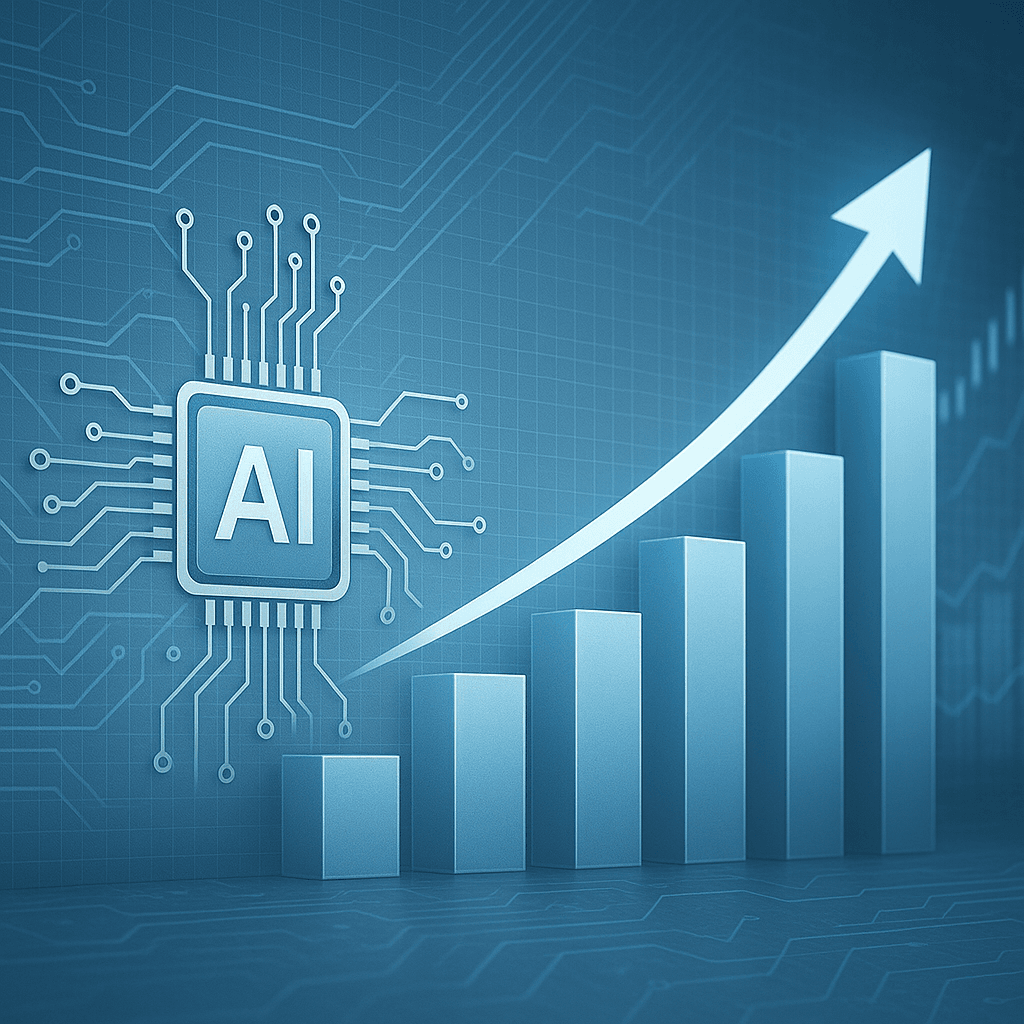Broadcom's CEO Hock Tan is betting big on generative AI's economic future, predicting the technology will capture a much larger slice of global GDP as enterprises rush to deploy AI infrastructure. The semiconductor giant's leader sees AI transitioning from experimental tech to core business driver, with Broadcom positioned at the center of this transformation through its custom chip and networking solutions.
Broadcom CEO Hock Tan isn't just talking about AI's technical capabilities - he's making bold predictions about its economic impact. Speaking about generative AI's trajectory, Tan forecasts the technology will claim a much larger portion of global GDP as businesses move from experimentation to full-scale deployment.
The timing of Tan's comments reflects Broadcom's strategic positioning in the AI infrastructure boom. The company has been quietly building relationships with major cloud providers and enterprises, supplying custom networking chips and AI accelerators that power everything from training massive language models to running inference at scale. Current estimates suggest AI infrastructure spending could reach $200 billion annually by 2027, with semiconductor companies like Broadcom capturing significant portions of that market.
Tan's economic outlook aligns with broader industry sentiment. Nvidia has seen its data center revenue explode 427% year-over-year, while Microsoft reports AI services are driving double-digit growth across its cloud business. But Broadcom's angle is different - the company focuses on the infrastructure backbone that makes AI deployment possible at enterprise scale.
The semiconductor giant has been particularly aggressive in custom silicon development. Unlike Nvidia's general-purpose GPUs, Broadcom creates specialized chips tailored to specific AI workloads for major tech companies. This approach positions the company to benefit as AI moves from research labs into production systems that need optimized, cost-effective hardware.
Market dynamics support Tan's GDP prediction. Enterprise AI adoption has accelerated dramatically, with companies like JPMorgan Chase deploying thousands of AI use cases and Walmart using AI for everything from supply chain optimization to customer service. Each implementation requires significant infrastructure investment, creating sustained demand for networking and processing solutions.












